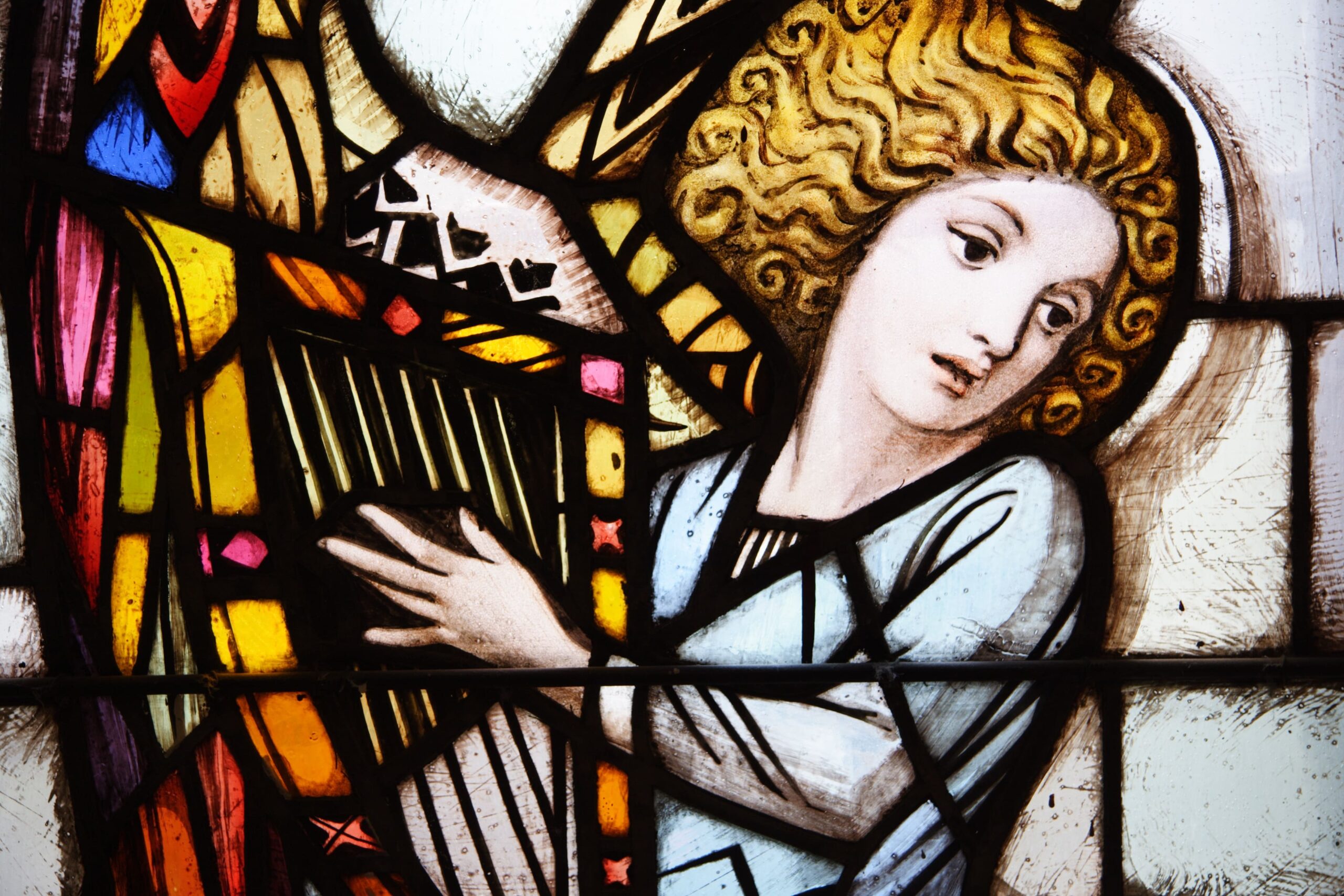If continuity in tradition and fidelity to type are among the marks of conservatism, the first four generations of the Adams family must constitute the most distinguished succession of conservative achievement and aristocratic talent in American history. Henry Adams’s great-grandfather was President John Adams; his grandfather was President John Quincy Adams; his father, Charles Francis Adams, was appointed by President Lincoln as ambassador to the Court of St. James during the American Civil War. Young Henry served as secretary to Charles Francis, who was in large measure responsible for keeping Great Britain out of the Civil War as a Confederate States ally. The Adams family lived simply and served greatly for three generations. Compared to Jefferson’s Monticello, Washington’s Mt. Vernon, or Madison’s Georgian Mansion, the Adams family’s “Old House” at Quincy, Massachusetts, was a rambling, drafty farmhouse with small rooms and few conveniences. Until the third generation and the marriage of Charles Francis Adams to a woman of wealth, Abigail Brooks (1808–89), the modest means of the Adams family were barely sufficient to cover their needs and the demands incurred by public service. They were a family who did not simply collect books but read and studied them. They knew Greek and Latin well and, unusual in America, were well versed in the modern European languages. Three generations of greatness in the past brought both a challenge and a realization to its members that the fourth generation was unlikely to live up to the high achievements of the earlier Adamses.
There had been a slow and steady decay of religious belief in the Adams family. Henry recalls in his autobiography that religion was never mentioned in the family. Both Henry and his brother Brooks hungered for religion; both were unable finally to accept its assurances. Both of them were inclined to Catholicism because of its beauty and the historical fact that in the medieval period Catholicism had, through the reconciliation of faith and reason, provided an ordering system that had given total meaning to human experience. Both died in an invincible agnosticism. It is this note of a life devoid of meaning, without great or noble purposes and empty of a grand design, which haunts us in the prose of Henry Adams.
Harvard, from which Henry graduated in 1858, was not the place to imbibe the spirit of religion. He half-heartedly studied civil law at Berlin and Dresden from 1859 to 1860. From 1861 to 1868, he served in London as his father’s secretary at the Court of St. James.
At the instigation of Charles W. Eliot, the new president of Harvard College, Henry Adams was offered a professorship in medieval history in 1870. It is likely that he was unprepared for the task, but he was nevertheless a brilliant teacher, introducing the seminar system and training a number of distinguished students.
Washington had always served as a pole of attraction for the Adams men. In 1877 Henry gave up teaching at Harvard and moved to the nation’s capital. Henry was an aristocrat and an elitist. He thought the democratic process was essentially corrupting. He took a dim view of the materialism and emptiness, the triviality and vulgarity of American life. He and John Hay built an extravagant and beautiful house on the spot in Washington now occupied by the Hay-Adams Hotel. There Henry and his wife gathered about them a distinguished circle that included John Hay, Clarence King, and John LaFarge. Adams observed political life at first hand—and with contempt. His satirical novel, Democracy (1880), which he published anonymously, makes his disdain for democracy clear. From John Adams to Henry Adams, the Adamses always believed and said that the American experiment was on the point of failure; that it might not last another presidential term. Henry Adams was predisposed to a sense of cosmic failure, a belief that the universe was running down, that indeed decadence was upon the world. The Adams family, as no other American family, was attuned to Europe. In each generation they spent a considerable portion of their lives abroad. Henry was attuned to the patterns of European intellectuality and was aware of what European, particularly French, writers and painters of decadence were doing. He reflected, in his way, their vision of the world.
Henry Adams was a historian by training, inclination, and talent. His magisterial work, History of the United States During the Administrations of Jefferson and Madison (9 vols., 1889–91), is perhaps the greatest piece of historical writing by any American. Mont-Saint-Michel and Chartres (1904) is more revealing of his philosophy of history and the remarkable jeu d’esprit of his personality. His later historical-philosophical speculations are tangled in pseudoscience (A Letter to American Teachers of History, 1910), while Documents Relating to New England Federalism (1877) and the Life of Albert Gallatin (1879) illustrate the depth and quality of his historical research. His charming, profound, and idiosyncratic autobiography, The Education of Henry Adams (1918), is both illuminating and puzzling.
Further Reading
Patricia O’Toole, The Five of Hearts: An Intimate Portrait of Henry Adams and His Friends, 1880–1918
Ernest Samuels, The Young Henry Adams
Ernest Samuels, Henry Adams: The Middle Years
Ernest Samuels, Henry Adams: The Major Phase
This entry was originally published in American Conservatism: An Encyclopedia, p. 10.














